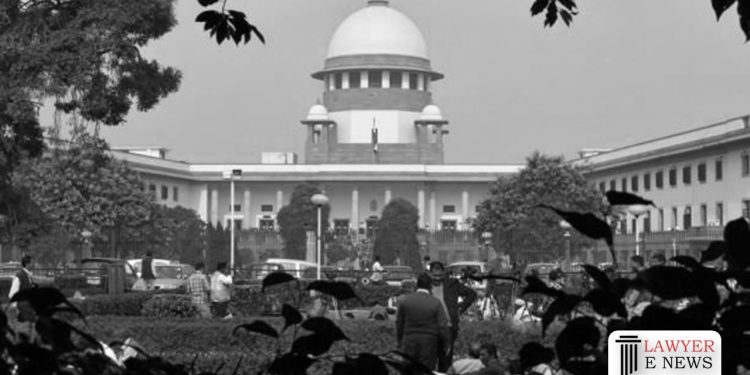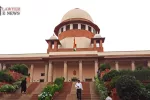SUPREME COURT ACQUITS APPELLANT IN POCSO CASE – PROSECUTION FAILED TO ESTABLISH CRUCIAL ELEMENTS OF THE OFFENCE

In a significant verdict, the Supreme Court of India acquitted the appellant in a criminal appeal involving allegations under the Protection of Children from Sexual Offences Act, 2012 (POCSO Act). The judgment, delivered by a bench comprising Justice S. Ravindra Bhat and Justice Aravind Kumar, emphasized the lack of evidence supporting the charges and raised concerns about the failure of the prosecution to establish crucial elements of the case.
Citing the victim’s contradictory statements and the absence of proper age determination documentation, the court concluded that the prosecution failed to prove the appellant’s guilt beyond a reasonable doubt. Ms. E.R. Sumathy, the counsel representing the appellant, argued that the victim’s initial statement, made under Section 164 of the Criminal Procedure Code, indicated her willingness to elope and marry the appellant. The court acknowledged the importance of the victim’s statement but noted the lack of corroborating evidence and the subsequent retraction.
Justice S. Ravindra Bhat, in the judgment, highlighted the importance of following the prescribed procedure for age determination under the Juvenile Justice Act and the POCSO Act. The court found that the prosecution had relied on a transfer certificate, which did not meet the requirements of the law, and failed to provide other necessary documents or conduct appropriate medical tests to establish the victim’s age.
Furthermore, the court stressed the need for concrete evidence of penetrative sexual assault and coercion, which are key elements of the POCSO Act. The medical examination revealed the absence of evidence to support these allegations, leading the court to question the applicability of the charges.
Justice S. Ravindra Bhat stated, “The prosecution was not able to establish that there was any penetrative sexual assault as a result of coercion or compulsion on the part of the appellant.” The court further concluded that the charges under Section 6 of the POCSO Act and Section 10 of the Prohibition of Child Marriage Act could not be sustained.
This verdict highlights the significance of presenting strong and reliable evidence in cases involving sensitive matters such as child sexual offenses. The court’s decision reinforces the principle of “innocent until proven guilty” and the necessity for a thorough examination of the evidence before imposing severe penalties.
The judgment referred to previous rulings in Rishipal Singh Solanki vs. State of Uttar Pradesh & Ors., Sanjeev Kumar Gupta vs. The State of Uttar Pradesh & Ors., and Abuzar Hossain @ Gulam Hossain v State of West Bengal to support its analysis and conclusions.
The appellant has been acquitted, and unless required in connection with any other case, will be set at liberty.
Date of Decision: July 18, 2023
YUVAPRAKASH vs STATE REP. BY INSPECTOR OF POLICE






